News | Events | Digital PR | Advertising
World Bank Warns of Increased Poverty in Nigeria Amid Economic Reforms
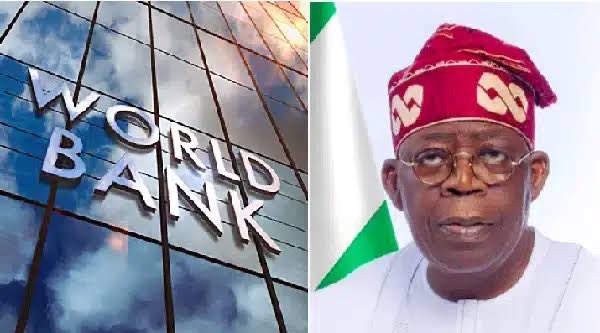
Nigeria’s government has implemented crucial economic reforms, but they’ve increased pressure on its citizens, with over 50% living in poverty, the World Bank reports.
President Bola Ahmed Tinubu’s reforms, launched in May 2023, aim to revitalize Africa’s largest economy. Key measures include naira liberalization and fuel subsidy cuts.
However, these changes have come with significant short-term challenges. Inflation soared to a 30-year high of over 30%, and petrol prices rose more than fivefold. Poverty rates skyrocketed to 56%, affecting 129 million people.
Multiple factors contributed to this surge, including the Covid-19 recession, natural disasters, growing insecurity, demonetisation policy costs, high inflation, and low economic growth.
Urban poverty rates nearly doubled from 18% to 31.3%. Despite these challenges, the World Bank predicts headline inflation will peak at 31.7% in 2024 and decrease to 14.3% by 2027, driven by government reforms.
The report highlights the need for sustained efforts to address Nigeria’s economic and social challenges.
Explore more
Scientists Research Nigeria’s Okra, Maize, Four Other Crops During NASA’s Space Mission
International astronauts will research six indigenous Nigerian crops and seeds during the...
President Trump Orders Pharmaceutical Companies To Cut Drug Prices Within 60 Days
President Donald Trump on Thursday said he asked major pharmaceutical companies to...
Microsoft To Become The Next $4 Trillion Company
Microsoft (MSFT.O), opens new tab soared past $4 trillion in market valuation...
Importers Slash Petrol Prices Below Dangote Rates Amid Rising Market Competition
Competition has hit Nigeria’s petroleum sector as fuel importers slash petrol prices...

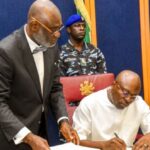
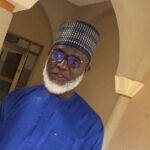

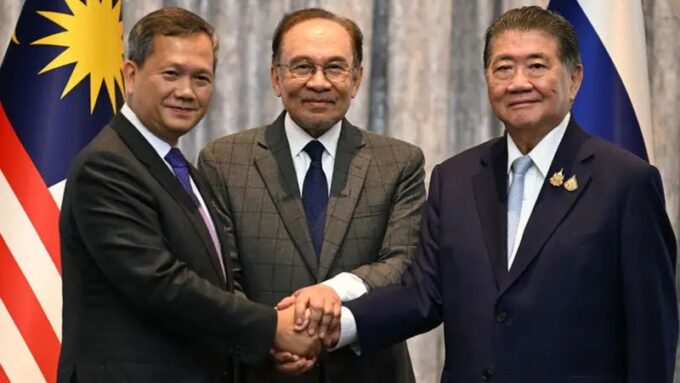


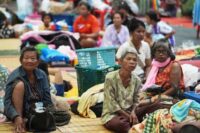

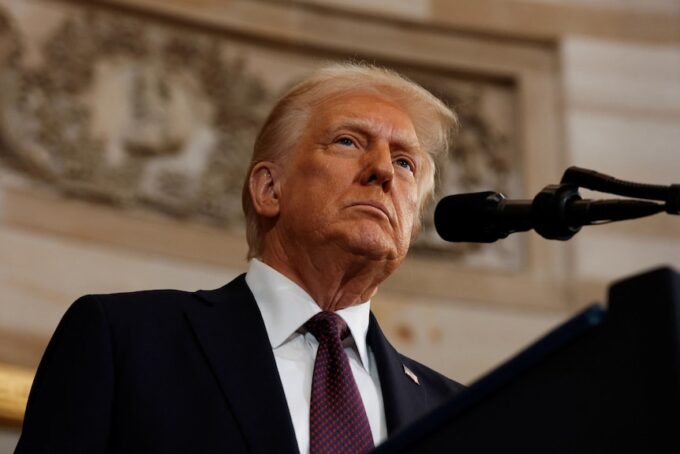
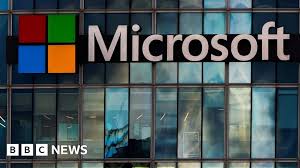
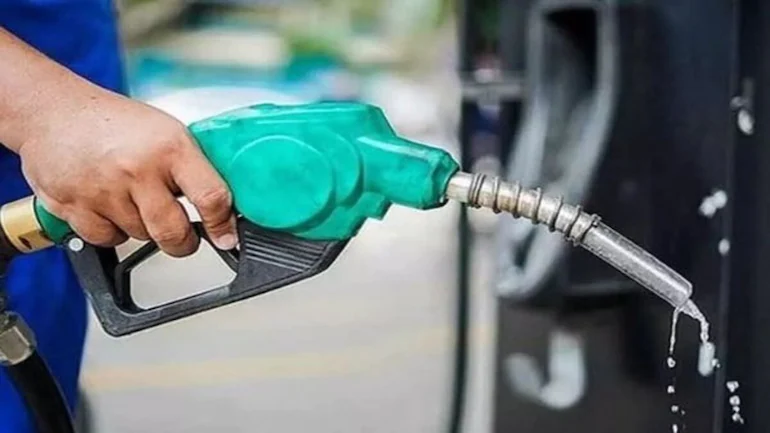
Leave a comment